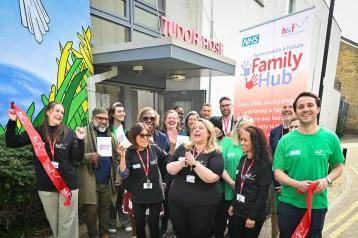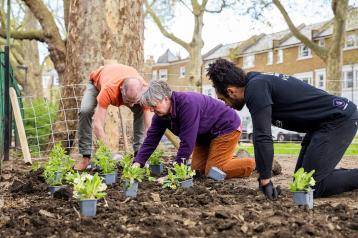
Using digital technology is helping Hammersmith & Fulham Council enhance the quality of vital care services for vulnerable residents, while freeing up resources to invest in services for elderly and disabled residents.
Mobile technology used by H&F’s care team has enabled them to work more independently and efficiently, by being able to access up-to-date information and resources while visiting those in need.
The shift has led to savings by reducing travel time, but is just one of a range of changes made by H&F to offer great value social care services that don’t compromise on quality.
"Better use of technology has enabled us to not only improve services, but also make savings that helped us abolish home care charges, put an end to 15-minute visits, reduce the cost of meals and wheels and pay the London Living Wage to carers," said Cllr Vivienne Lukey, H&F Cabinet Member for Health and Adult Social Care.
"We are determined to deliver high quality services for vulnerable residents, while remaining careful with how we use residents' cash."
The changes form part of H&F Council’s innovative and country-leading social care offer, through which H&F has also pledged to retain the Independent Living Fund, offer more career development for homecare staff and increase payments for those on Direct Payments.
Mobile technology allows staff on care visits to collect, review and update case information while on-the-go. They can also look up and share information while in a resident’s presence, to offer further resources and encourage them to become more self-sufficient.
H&F’s move to mobile technology was one of 13 projects evaluated by the Digital Experts Programme for the Local Government Association (LGA), which represents 370 councils in England and Wales.
The Digital Experts Programme was established last March when the LGA agreed to fund 27 projects involving 42 councils who were encouraged to use digital tools and approaches already successfully applied by their peers.
A total of £390,000 was awarded, with individual councils receiving £10,000 and groups of councils being given £25,000.




